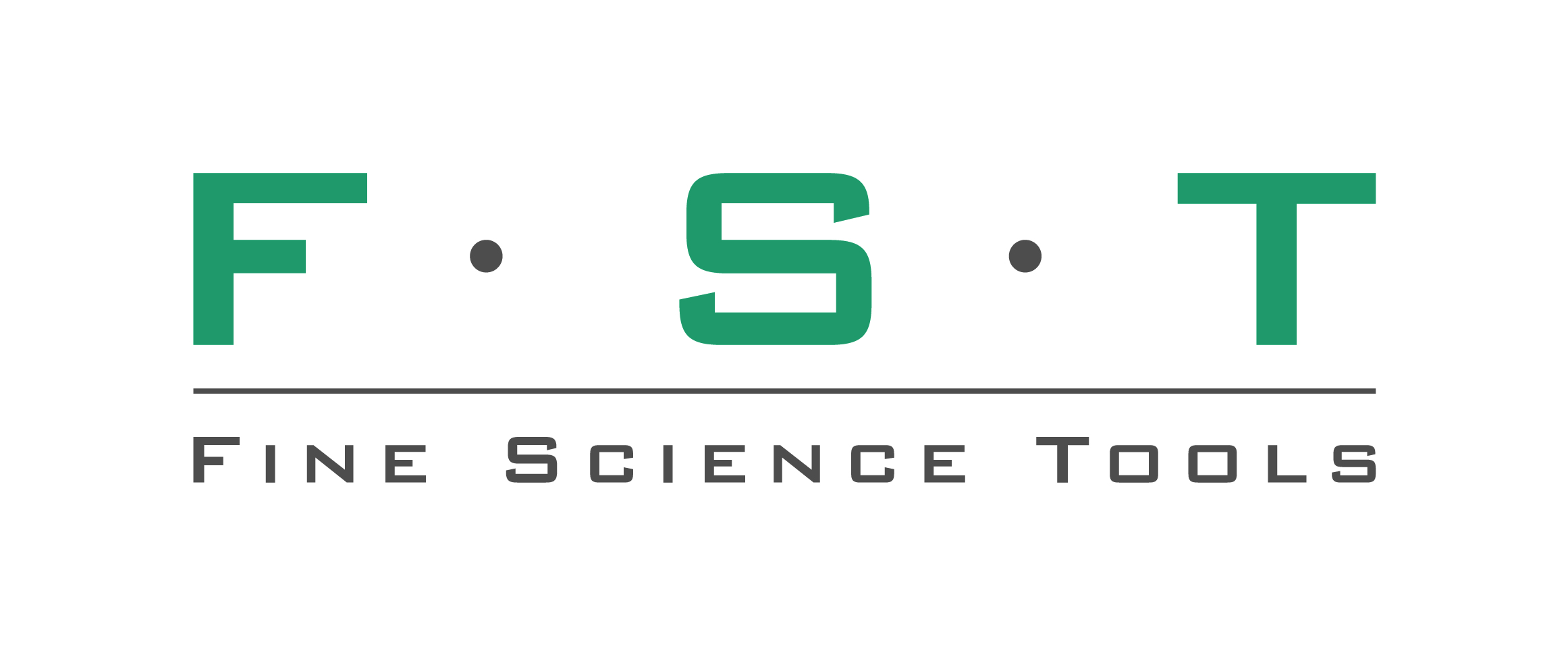Speakers
-

Gregory Carter, Ph.D.
Professor, The Bernard and Lusia Milch Endowed Chair
The Jackson Laboratory
-

Shreaya Chakroborty, Ph.D.
Scientific Program Manager
National Institute on Aging
-

Stefania Forner, Ph.D.
Director, Medical & Scientific Relations
Alzheimer's Association
-

Gareth Howell, Ph.D.
Professor, Diana Davis Spencer Foundation Chair for Glaucoma Research
The Jackson Laboratory
-

Kristen Onos, Ph.D.
Research Scientist
-
Alan Palkowitz, Ph.D.
Director, Alzheimer's Disease Drug Discovery Center
Indiana University School of Medicine
-
Suzana Petanceska, Ph.D.
Program Officer
National Institute on Aging
-

Vivek Philip, Ph.D.
Director, Computational Sciences
The Jackson Laboratory
-
Sara Quinney, Ph.D., Pharm.D.
Associate Professor of Obstetrics and Gynecology
Indiana University
-
Lorenzo Refolo, Ph.D.
Program Officer
National Institute on Aging
-

Stacey Sukoff Rizzo, Ph.D.
Associate Professor, University of Pittsburgh School of Medicine; Director PITT Preclinical Phenotyping Core; Co-Head MODEL-AD Preclinical Testing Core
-

Michael Sasner, Ph.D.
Senior Research Scientist
The Jackson Laboratory
-
Nicholas Seyfried, Ph.D.
Director, Emory Integrated Proteomics Core;Associate Professor, Department of Biochemistry
Emory University
-

Paul Territo, Ph.D.
Associate Professor of Radiology, HEAD MODEL-AD Preclinical Testing Core
Indiana University




